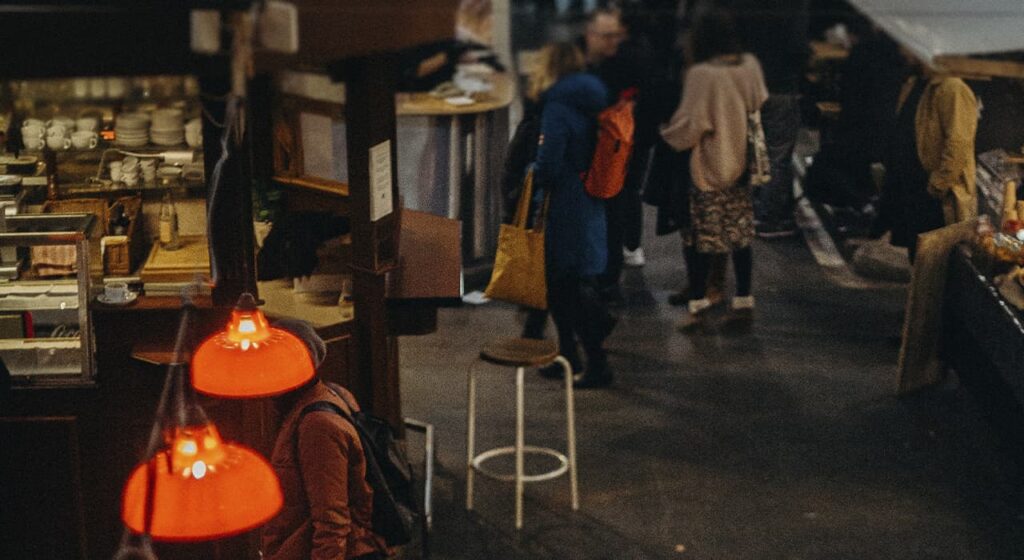Fairs are some of the oldest forms of entrepreneurial events in the world. They provide an excellent platform for local and private businesses to showcase their products and services to attendees from various walks of life, potentially boosting their client base.
A Guide to the Different Types of Fairs: Which Ones Should You Attend?
There are different types of fairs that take place in various parts of the world throughout the year. Each fair tells a different story, and it is crucial to know the right type that aligns with your interests. In this blog post, we will discuss some of the types of fairs you can attend and what you can expect from them.
Agricultural or County Fairs
These fairs are usually dedicated to improving agricultural practices. They often feature exhibits highlighting agriculture, such as livestock, farming equipment, and harvests. They also offer fair games, rides, and food trucks. The games and contests usually revolve around farm skills, such as hay bale tossing and wood chopping. County fairs also feature live entertainment, such as concerts, standup comedy, and magic shows.
If you’re enthusiastic about farming, agriculture, and animals, this may be the fair for you.
Trade Shows
Trade shows are events where businesses from the same industry get together to showcase their products and services. These fairs usually have a particular theme, such as a food trade show or a technology exposition. Trade shows are great for networking opportunities, and attendees have the chance to learn about new industry trends and products.
If you are in a particular industry, let’s say fashion, you can check out a fashion trade show and learn about the latest trends, and the hottest fashion items, and interact with various industry shakers.
Renaissance Fairs
Renaissance fairs are themed around medieval Europe. At these fairs, performers dress up in period costumes, including knights, queens, and jesters. They often feature jousting tournaments, performances, and games, adding flavor to the historical experience.
If you revere medieval history, these historical re-creations give you the chance to experience a slice of that period.
State and National Fairs
State and National Fairs are some of the most popular fairs in the United States. Each state and the country itself has a fair that takes place annually. These fairs are open to everyone and will feature a variety of exhibits, food vendors, games, and entertainment. Each fair tries to highlight the best of what the state has to offer, providing an excellent learning experience for attendees.
If you want to take part in the largest and the most notorious fairs, long-distance travel to a state or a national fair is an excellent idea.
Christmas Markets
Christmas markets are fairs that take place between late November and early January. They’re focused on holiday festivities and the spirit of giving. Vendors usually sell hot chocolate, festive foods, ornaments, and candles. Expect Christmas carols, Santa meet-and-greet, and various Christmassy acts.
If you are a Christmas enthusiast, there are plenty of Christmas fairs to attend during the holidays.
Fairs are an excellent opportunity to learn more about different industries
Fairs are an excellent opportunity to learn more about different industries, cultures, and traditions. By attending a fair, you can support local and small businesses and interact with like-minded individuals from your community. It is essential to know the different types of fairs available and select the one that best suits your interests. Agricultural and County fairs are ideal for farm enthusiasts, while state and national fairs offer the most significant range of vendors. Renaissance and Christmas fairs have a historical or holiday theme, making the experience unique. Trade shows are the perfect way to learn about the latest industry trends in your industry. Remember, always be curious and enjoy the diverse world of fairs!
